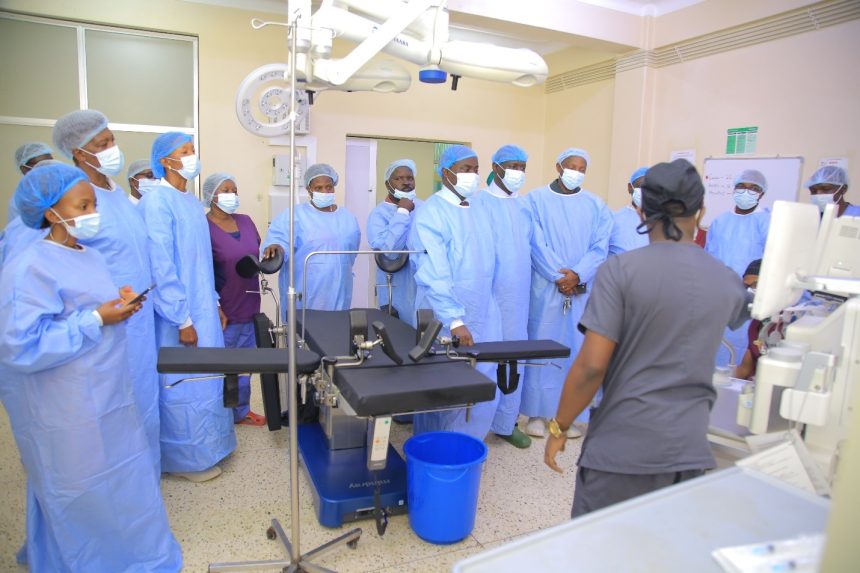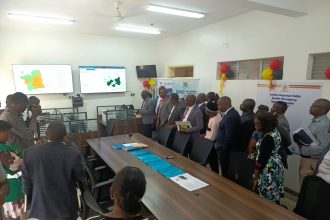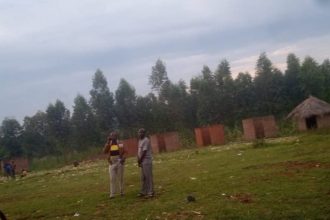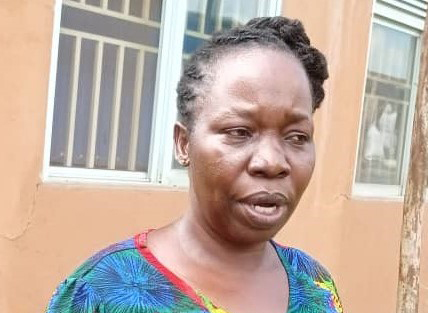Mbarara Regional Referral Hospital’s (MRRH) Surgery division has received a state-of-the-art anesthesia machine, valued at 200 million Uganda shillings. Donated by the Hal Tilbury family from San Diego, this equipment aims to enhance access to quality surgical services.
According to Dr. Musa Kayondo, Head of Obstetrics and Gynecology, the machine is a timely addition, addressing the department’s long-standing challenge of inadequate anesthesia machines. “This top-notch machine is a significant upgrade from our previous equipment. It will be used for a wide range of surgical procedures, greatly improving patient care,” he said.
As one of the leading regional referral hospitals in Uganda, Mbarara Referral Hospital performs complex surgeries nationwide. The new anesthesia machine delivers anesthesia, oxygen, and monitors vital signs during operations.
Being a teaching center for Mbarara University of Science and Technology and other medical institutions, the machine provides invaluable hands-on training opportunities for medical students. Under the supervision of senior clinicians, students will learn anesthesia delivery, patient monitoring, and various anesthesia techniques.
Associate Professor Joseph Ngonzi, Dean of the Faculty of Medicine, emphasized the machine’s significance and urged clinicians to prioritize its maintenance.
Dr. Deus Twesigye, Acting Director and Senior Consultant General Surgeon, commended Dr. Kayondo’s efforts and expressed gratitude to the Hal Tilbury family for their generous donation. “This machine enables us to fully utilize all eight operating theaters, both day and night,” he said.
Dr. Twesigye highlighted the machine’s impact on patient care, including improved safety, better patient outcomes, and enhanced comfort.
Mbarara Regional Referral Hospital offers a wide range of specialized and super-specialized services, performing a high volume of surgeries second only to Mulago National Referral Hospital, despite facing resource constraints.
The hospital’s Public Relations Officer, Halson Kagure, notes that the number of patients seeking services has grown significantly over time, with the hospital now serving over five million people, including referrals from other regional hospitals, refugee communities, and neighboring countries.




















